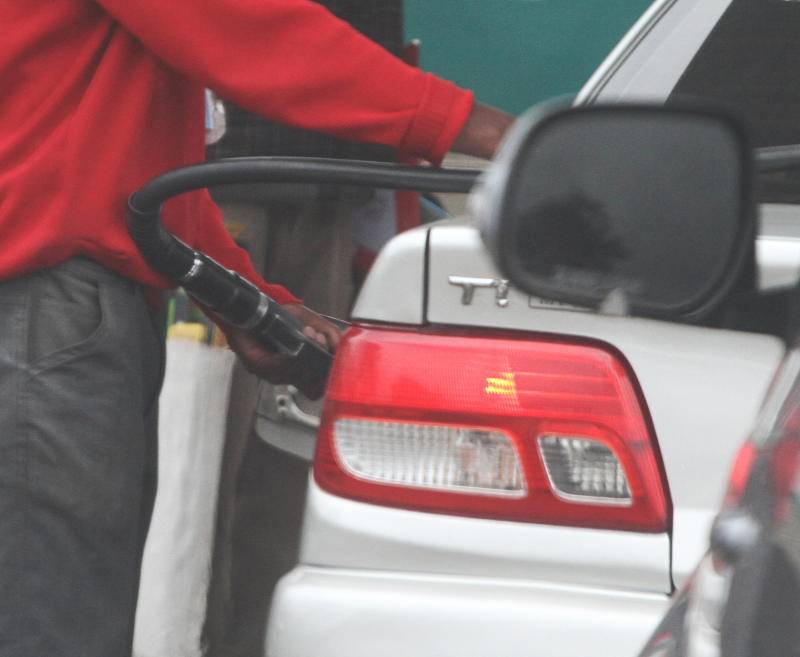×
The Standard e-Paper
Fearless, Trusted News

The country was Friday on edge as it awaited the much-anticipated return of President Uhuru Kenyatta from China on whose hands the fate of the controversial fuel tax rests.
President Kenyatta has remained tight-lipped on the 16 per cent value added tax on all fuel products that came into effect on September 1 amid public outcry even as the National Treasury digs in to continue levying the punitive tax.